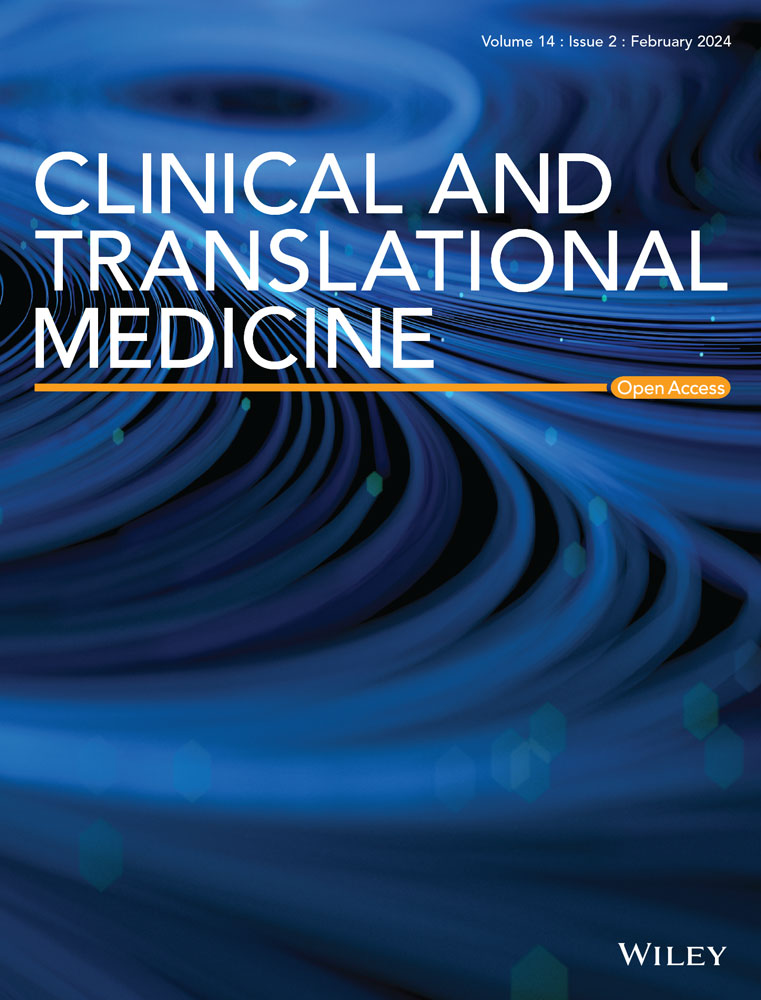Unravelling T cell exhaustion through co-inhibitory receptors and its transformative role in cancer immunotherapy
Abstract
Persistent stimulation from cancer antigens leads to T lymphocytes (T cells) exhaustion, with up-regulated expression of co-inhibitory receptors, including programmed death-1 (PD-1), cytotoxic T lymphocyte-associated antigen-4 (CTLA-4), lymphocyte-activation gene 3 (LAG-3), T cell immunoglobulin and mucin domain 3 (TIM-3) and T cell immunoreceptor with Ig and ITIM domains (TIGIT). These receptors collectively impair T cell function via distinct molecular pathways, contributing to immune evasion and cancer progression. This review highlights the therapeutic promise of immune checkpoint inhibitors (ICIs) in reversing T cell exhaustion while delving into the complex molecular processes and functional works of these important co-inhibitory receptors in tumourigenesis. Additionally, we examine the synergistic effects of combining ICIs with other therapeutic strategies, which can enhance anti-tumour efficacy. Finally, the clinical implications of bispecific antibodies are highlighted, representing a promising frontier in cancer immunotherapy, that could revolutionise treatment paradigms while improving patient outcomes.
Highlights
-
This review discusses five major co-inhibitory receptors (PD-1, CTLA-4, LAG-3, TIM-3 and TIGIT) and their related mechanisms of T cell exhaustion in the tumour environment.
-
We also discuss the clinical application of checkpoint inhibitors (ICIs) in cancer immunotherapy.
-
The potential of bispecific antibodies (BsAbs) in cancer immunotherapy is highlighted.

 求助内容:
求助内容: 应助结果提醒方式:
应助结果提醒方式:


